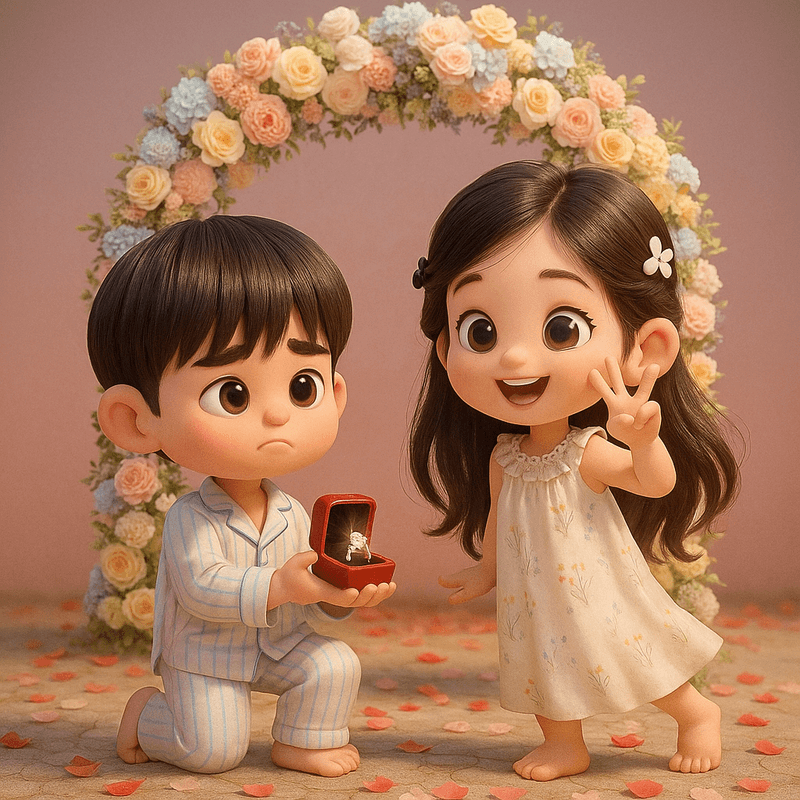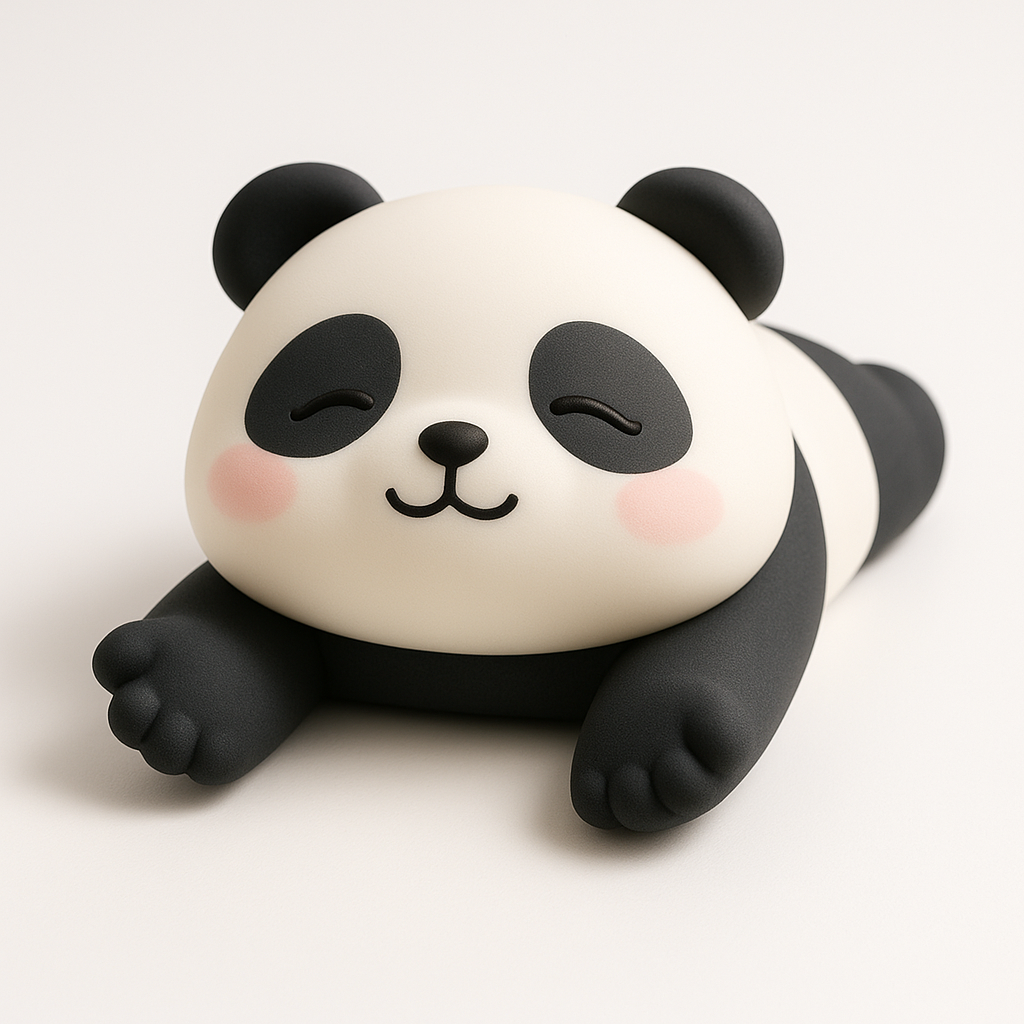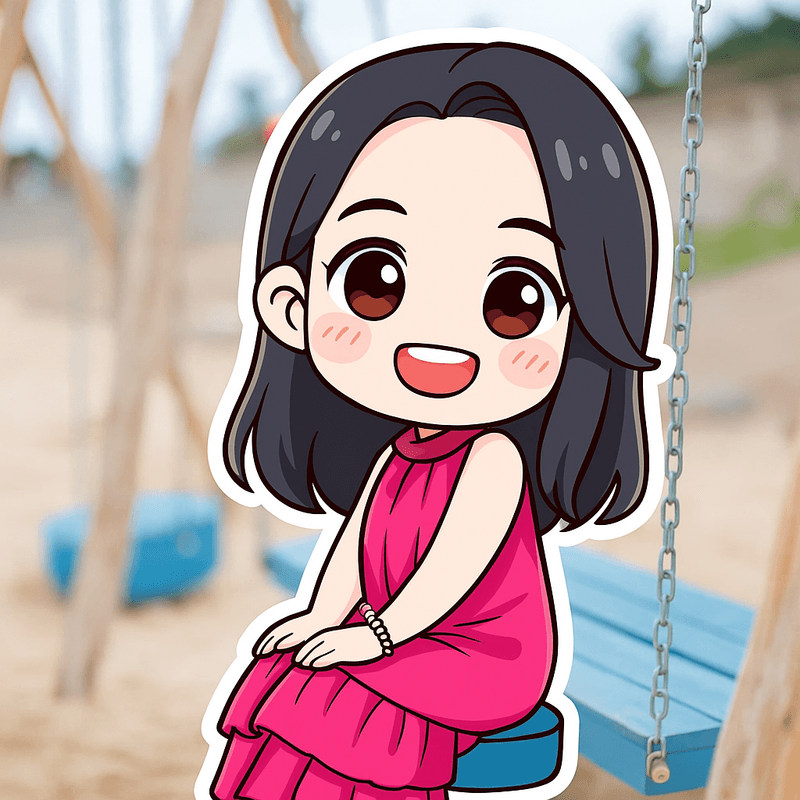What is Chibi? Understanding Its Relationship with Q-Style Art

Chibi (ちび) and Q-style (Q版) are two names for the same “super-deformed” art form that exaggerates head-to-body ratios, simplifies features, and maximizes cuteness. Born in 1980s Japanese manga, the style has spread worldwide under the aliases SD, chibi, or Q-ban. Modern AI platforms such as chibi.pics let anyone turn a photo into a custom chibi/Q avatar in seconds—no drawing skills required.
Introduction
Chibi (ちび), meaning "small" or "short" in Japanese, is a beloved art style originating from anime and manga. It exaggerates cuteness by featuring characters with oversized heads, tiny bodies, round lines, and expressive faces. Similarly, Q-version refers to the same artistic approach, where "Q" stands for "Cute." This post delves into the essence of Chibi and Q-style, their relationship, and how modern tools like AI generators (e.g., chibi.pics) streamline their creation.

1. What is Chibi?
Chibi is a Japanese term for stylized, miniature characters with:
- Exaggerated proportions: Typically 2:1 or 3:1 head-to-body ratios.
- Simplified features: Large eyes, small limbs, and minimal details.
- Expressive emotions: Playful, exaggerated facial expressions (e.g., starry eyes).
- Originating in 1980s manga, Chibi transcends anime—appearing in games, merchandise, and digital stickers.

2. Q-Style (Q版): The Cute Counterpart
Q-version, or Q版, is the Chinese term for this art style, emphasizing:
- "Cute" (Q) aesthetics: Derived from the English word "Cute."
- Shared techniques: Super Deformed (SD) bodies, simplified anatomy, and whimsical expressions.
- Global aliases: Called Chibi in Japan and SD in Western art communities.
Key Similarities:
- Both prioritize kawaii (cute) appeal through distortion.
- Used for humor, merchandise, and fan art.

3. Chibi vs. Q-Style: Cultural Nuances
While interchangeable, subtle differences exist:
- Chibi: Japanese term; focuses on "smallness" and childlike charm.
- Q-Style: Broader usage in China/overseas; highlights "exaggerated cuteness."
Example: A Chibi character in anime might be called Q-ban in Chinese fandoms.
4. Creating Chibi/Q Art with AI
Platforms like chibi.pics leverage AI to:
- Automate transformations: Convert photos into Chibi art instantly.
- Customize styles: Options for stickers, 3D renders, or anime variants.
- Democratize art: No drawing skills needed—ideal for social media avatars or merch.
Process Overview:
- Upload a photo.
- Select a style (e.g., "3D Chibi").
- Generate and download!
Conclusion
Chibi and Q-style are two names for the same enchanting art form—rooted in cuteness and creativity. Whether you call it Chibi, Q-ban, or SD, this style continues to captivate global audiences. Ready to try? Tools like chibi.pics make it effortless to join the trend!
Pro Tip: For deeper dives, explore Chibi art galleries or experiment with AI generators to see the magic firsthand!